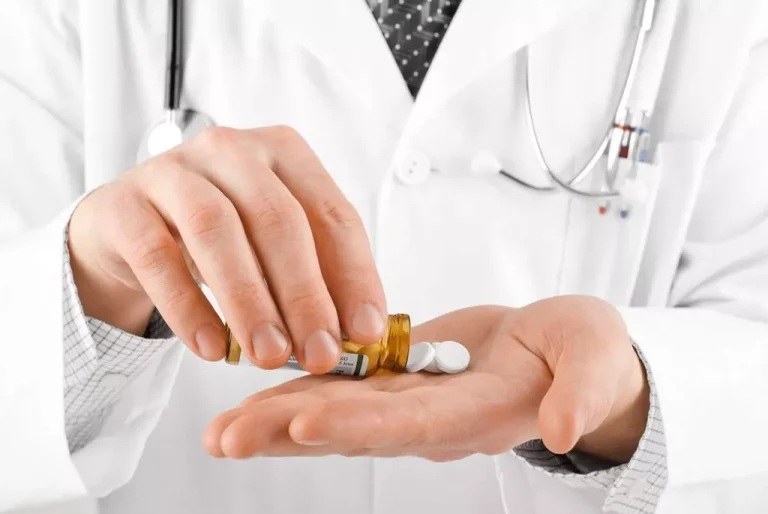
They may start drinking to cope with stressful events like losing a job, going through a divorce, or dealing with a death in their family or a close friend. Talk to your healthcare provider if you’re under stress and think you may be at risk for relapse. Regardless of the type of support system, it’s helpful to get involved in at least one when getting sober. Sober communities can help someone struggling with alcohol addiction deal with the challenges of sobriety in day-to-day life.

Charitable Care & Financial Assistance
However, even a mild disorder can escalate and lead to serious problems, so early treatment is important. The severity of the disease, how often someone drinks, and the alcohol they consume varies from person to person. Some people drink heavily all day, while others binge drink and then stay sober for a while. The Global status report on alcohol and health and treatment of substance use disorders presents a comprehensive overview of alcohol consumption, alcohol-related… Alcohol use disorder (AUD) is a medical condition in which a person continues to consume alcohol despite the adverse consequences.
Deaths from excessive alcohol use
- Here’s some information to help you get ready for your appointment, and what to expect from your health care provider or mental health provider.
- Talk to your healthcare provider if you’re under stress and think you may be at risk for relapse.
- In the United States, the legal limit for driving under the influence of alcohol is 0.08 percent, except in the state of Utah, where it’s 0.05 percent.
- Or a doctor could prescribe drugs to assist with other emotions common in recovery.
- A .gov website belongs to an official government organization in the United States.
- This regional workshop was planned to address the challenges of illicit tobacco trade and unrecorded alcohol consumption in the countries of the Region….
Research shows a high correlation between alcohol misuse and high-risk sexual behavior, violence, crime, self-injury, and fatal injury from things like motor vehicle accidents. People with AUD represent about 20–35 percent of completed suicides. In some people, the initial reaction may feel like an increase in energy. But as you continue to drink, you become drowsy and have less control over your actions.
When should I see my healthcare provider?
- Many people with AUD do recover, but setbacks are common among people in treatment.
- Other medications can help you quit drinking by suppressing alcohol cravings or making you feel sick when alcohol enters your body.
- This is of particular concern when you’re taking certain medications that also depress the brain’s function.
- The risk to your health is increased by drinking any amount of alcohol on a regular basis.
- You may want to take a family member or friend along, if possible.
Outpatient treatment provides daily support while allowing the person to live at home. People with severe or moderate alcohol use disorder who suddenly stop drinking https://ecosoberhouse.com/ could develop delirium tremens (DT). It can be life-threatening, causing serious medical issues like seizures and hallucinations that require immediate medical care.
It’s important that each person get involved in a recovery program that will support long-term sobriety. This could mean an emphasis on therapy for someone who is depressed, or inpatient treatment for someone with severe withdrawal symptoms. In addition, enforcing drink driving countermeasures and securing access to screening, brief interventions, and treatment are effective and ethically sound interventions. The most cost-effective interventions are at the focus of WHO-led SAFER initiative aimed at providing support for Member States in reducing the harmful use of alcohol. With the support of a doctor, people can develop a treatment plan that is individualized for them. It may be in an inpatient or outpatient setting, and may require detoxification to manage withdrawal symptoms.
Gratitude enhances health, brings happiness — and may even lengthen lives

When this occurs repeatedly over time, and when it begins to impact your health and your life, alcohol misuse can become AUD. The disorder can also be broken down further into mild, moderate, and severe subtypes. Here’s some information to help you get ready for your appointment, and what to expect from your health care provider or mental health provider. You’re likely to start by seeing your primary health care provider.
Medical Professionals
Someone with an alcohol addiction who has remained sober for months or years may find themselves drinking again. They may binge drink once or drink for a period of time before getting sober again. It’s important that the person get back on track and resume treatment. Alcohol has considerable toxic effects on the digestive and cardiovascular systems. Alcoholic beverages are classified as carcinogenic by the International Agency for Research on Cancer and increase the risk of several cancer types.
- If you think you may have alcohol use disorder, you’re not alone.
- The Healthline FindCare tool can provide options in your area if you need help finding a mental health specialist.
- They’ll be able to discuss the services and treatments available.
- A health care professional can look at the number, pattern, and severity of symptoms to see whether AUD is present and help you decide the best course of action.
More study is needed in this area, and all the natural remedies above. Keep reading to learn more about AUD, including who is at risk, common symptoms, treatment, and more. It can be hard to see there is a problem even if the drinking is negatively impacting your health and your life. Be prepared to discuss any problems that alcohol may be causing.

Helpful Links
People experiencing alcohol misuse disorder should seek medical attention. If you have a concern that you have AUD, you can see a health professional for consultation. They may ask you about your drinking habits and health history. According to the Centers for Disease Control and Prevention (CDC), moderate drinking is typically defined as two drinks or fewer for men per day, or one drink or less for women. To learn more about alcohol treatment options and search for quality care near you, please visit the NIAAA Alcohol Treatment Navigator.

Having support and seeking professional treatment increases the chances for recovery from AUD. Groups such as Alcoholics Anonymous (AA) provide support for people who are recovering. Many people with AUD continue to drink even as they develop health problems related to drinking.
